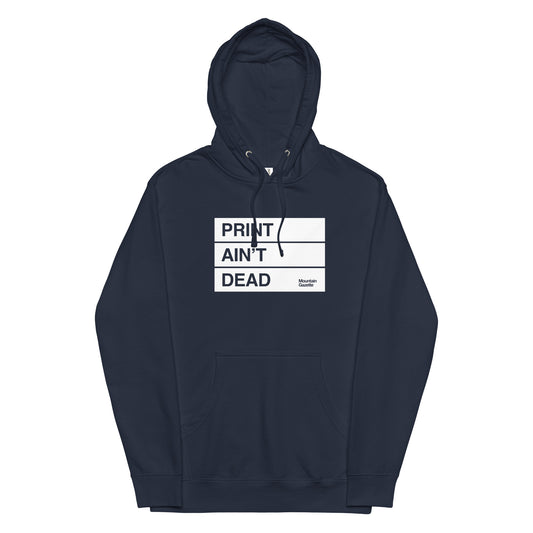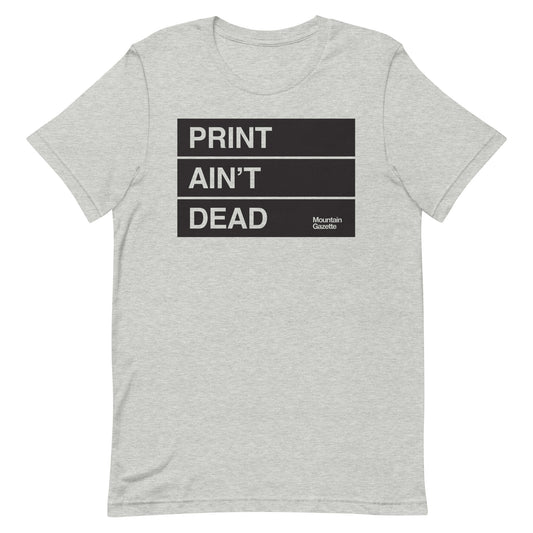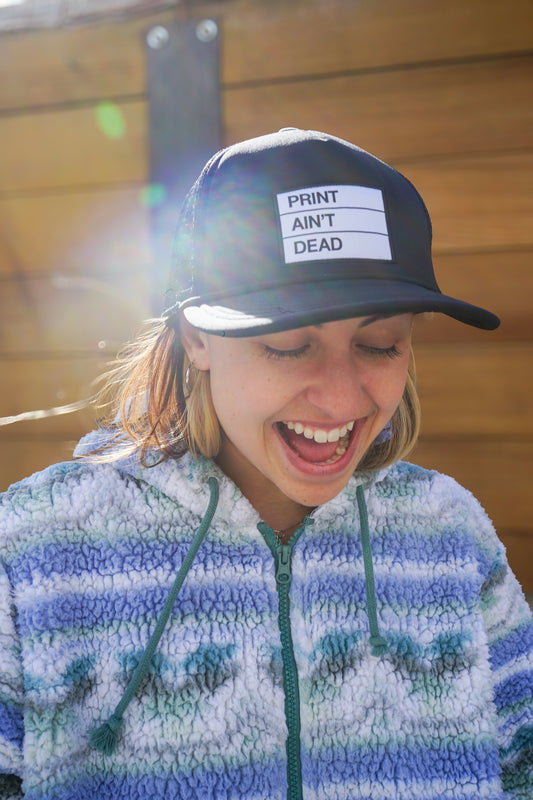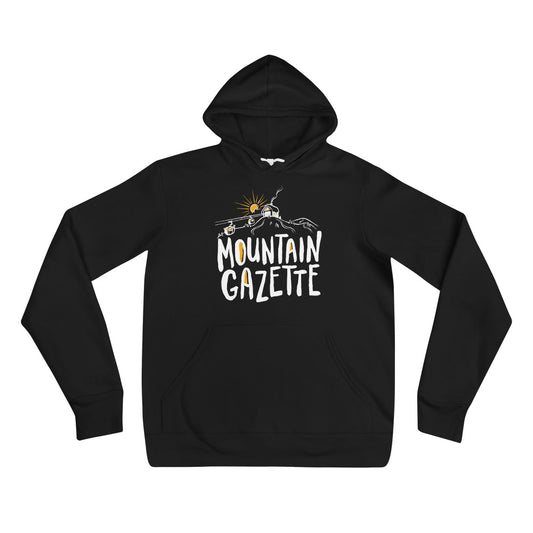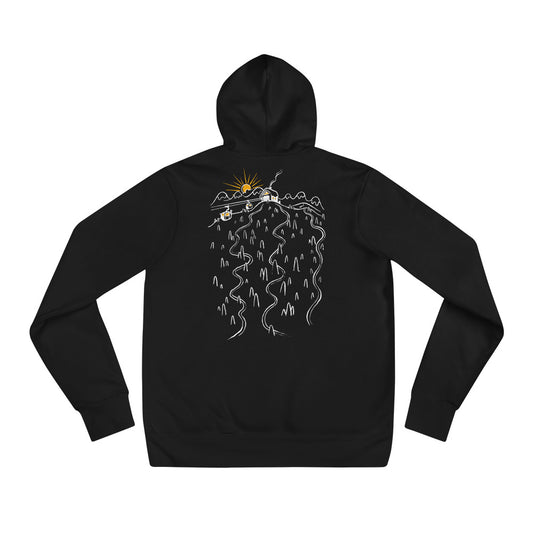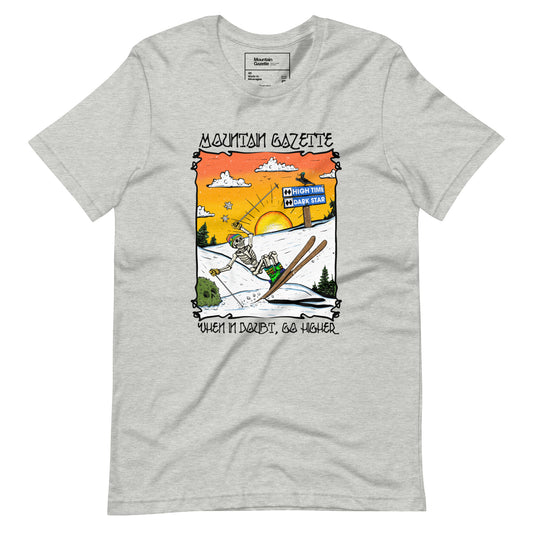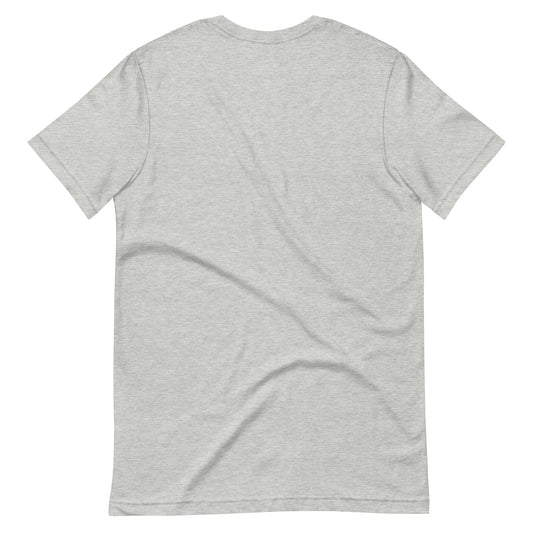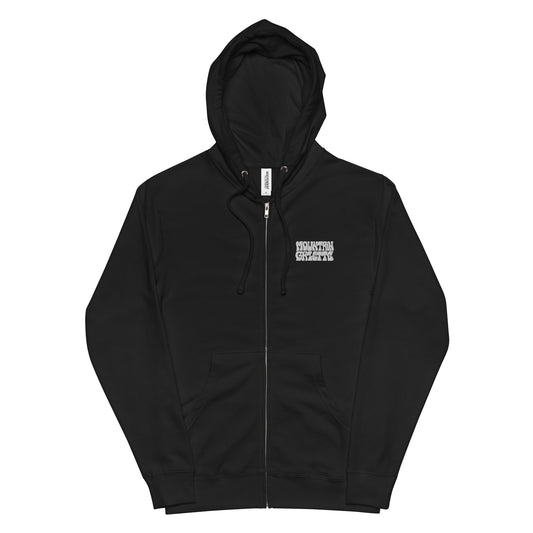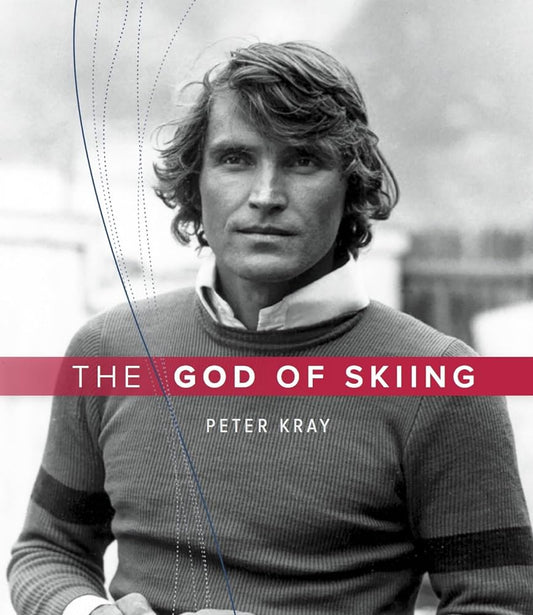By Vince Welch
This story originally ran on Mountaingazette.com in 2013. We're republishing it here for readers of our weekly newsletter: the Sunday Email.
Back in January, as the temperatures in Portland dropped below freezing and the Willamette River swelled and heaved an icy brown hue under a grey indifferent sky, I was seized by a post-holiday spasm of seasonal giving. It was not the first time the unpremeditated urge (that also defied seasonal boundaries) had struck me, but it was the first time in a long time. My good intentions were beyond doubt as was the impulsive nature of the act. There I was, Doer of A Good Deed, free of irony and self-consciousness! Welcome the Milkman of Human Kindness delivering the goods, the law of unintended consequences nipping at my heels.
It all began that frosty morning when I came out of my house to start my truck, warm-up the engine, and scrape the fine coat of ice off the windshield. My wife Helen was inside, gathering up our gear and groceries. We were making ready to drive west to the Oregon coast, an hour-and-a-half sprint over the Coast Range, elevation 1,500 feet. (Oregonians think going to the beach in winter is like going to the beach in southern California, only without the sun and warm water.) Out on the sidewalk, I crossed paths with one of the familiar neighborhood homeless guys. Normally these young men who look old avoid eye contact and conversation; most are harmless. They haunt the neighborhood, silent reminders that the stories in the newspaper are not about the homeless in some faraway city.
Bill was on his morning rounds, pushing his grocery cart piled high with his scavenged survival gear, an urban Sherpa collecting bottles and cans from the yellow recycling bins that line the neighborhood streets. He had mastered the drinking geography of the neighborhood, and knew exactly who the beer drinkers were and where he was likely to hit a payload of empties. He could then return (recycle) his booty at a nickel a piece to the local market and though it is a stereotype of the homeless, purchase his daily 48-ounce malt. The famous Oregon Bottle Bill of 1970 had spawned a not-so-underground industry.
Normally Bill would retrieve the bottles out of the bin without asking, but our near proximity forced him to acknowledge me. He mumbled something about bottles. He was asking if it was all right to collect my discards, which he had been doing for months. It was an unusual act of courtesy. I felt embarrassed. At a nickel a bottle (Guinness was my flavor of the week in a city some call Beervana), he might collect thirty or forty cents. A pint of Guinness can cost $2.89 or $3.27, depending on the store. (It tastes better in a pint glass at the local brew pub.) In the finger-numbing cold, Bill looked like he hadn’t slept well or was hungover or had gotten beaten-up, possibly all three.
And so my leap of faith, hope, and charity into the abyss began.
“No worries,” I replied and told him my name.
He paused as if he were trying to focus on a faraway object.
“I’m Bill.”
“Pretty cold out?”
“Yep.”
A long silence as we sized each other up.
“You sleeping rough?”
“Uhm … yep.”
Bill was one of perhaps a dozen or so homeless men who sleep along the Willamette River in an area called Oaks Bottom. They are transient campers who prefer the outdoors, even in winter, to the homeless shelters, which are often crowded and rule-bound. Their camps are set off the beaten and popular bike paths, carved pockets camouflaged by thick bushy walls of invasive English ivy, impenetrable Himalayan blackberry thickets and dogwood, as well as a variety of deciduous trees — Pacific willow, Oregon ash, Black cottonwood. In summertime, these locations are prized spots. They offer privacy, a degree of safety, river access and pleasant views. Sometimes, the campers band together for company and protection. As any good river man or homeless dude knows, however, camping on the banks of a river in winter is nothing like a summer residency. It’s damn bone-cold. Moving inland a few hundred yards can make all the difference, but for guys like Bill, that can mean giving up ownership of a prime spot.
The next thing I know, Bill was showing-off his thick, coal-colored trench coat. Clearly, he was proud of his outdoor wear. The trench coat, however, looked like it had been soaked in crude oil and weighed a hundred pounds. You could die from exhaustion just trying to walk a few blocks wearing this garment. This was not lightweight, efficient colorful North Face mountaineering protection. Bill also had a role of eighth-inch tubular plastic spackled with leaves and streaks of dirt. He explained how he sleeps at night: he wears his jacket over his clothes and wraps himself in a tattered red blanket and crawls inside the plastic tube which sheds rain like a potting shed roof. I asked him how it works in this weather. He shrugged, “Not that great.”
Suddenly and without warning, I connect Bill’s tubular plastic “sleeping bag” with the North Face down sleeping bag in my basement. All the same, I am not sure I know yet what I am going to do. There is only this kind of rough imaginative association: rivers, wanderers, camps, outdoor gear, cold. When there is a severe power imbalance, the act of giving can bring out the worst in the receiver of the gift.
Actually there were two sleeping bags, mine and Helen’s, though I would be hard-pressed to tell which belonged to whom. The Kelly-green, all-purpose down mummy bags were purchased (in a pro-deal discount) one summer more than thirty years ago when I was working as a river guide in Grand Canyon. Two months earlier, Helen and I had married. I thought we would be camping or living out of my beat-up station wagon for many more years while I ran rivers.
Two significant details: the sleeping bags (and the North Face V-24 tent, only recently retired from use), had been a kind of wedding present that we had given ourselves; perhaps most important, the sleeping bags zipped together.
The basement door was a few steps away and, the next thing I knew, I am telling Bill to wait a second while I disappear into the basement and come out with one of the sleeping bags. I am in a state of charitable bliss as I hand the bag over to Bill, whose glassy-eyed stare reveals little. I cannot be sure if Bill realizes what a good person I am. After all, free stuff is free stuff. What goes around comes around, right? By this time, Helen has appeared and is watching, with arms folded and a calm gaze, the scene unfold. What I didn’t know was that I had just taken a blow-torch to our marriage vows.
And just whose sleeping bag had I given Bill?
Shit.
This tale of the sleeping bags cannot proceed without the knowledge that in the Universe of Takers and Givers, my wife, by nature and profession (she is a midwife), is a Giver of major proportions. If giving of yourself is a river, Helen is like Oregon’s Columbia. The virtue comes so naturally to her that it worries me (and her at times.) But that cold morning, all bets were off.
Bill stumbled off with my empty Guinness bottles and my (our?) sleeping bag. It will be a long ride over the Coast Range to the Pacific Ocean. Who was it that said no good deed goes unpunished? Irony had returned with the speed of a downhill racer.
All was silence as we twisted and turned our way out of Portland onto Interstate 26 through the creeping, but contained, urban sprawl that gives way to farmland and finally the foothills of the Coast Range.
“You gave away our sleeping bag?”
“It’s just a sleeping bag. And he was cold. It’s not a big deal.”
Silence.
“We’ve had those since we were married.”
“You’re always saying material things don’t matter.”
Deeper silence?
I am irked.
“I did something good without calculation and now I feel bad. How can that be? Besides, I gave him my sleeping bag.”
There.
“How do you know it was your sleeping bag?”
Double There.
“We’ve had those bags since we were married. We’ve used them on the river, slept in them with the kids when they were babies. What were you thinking?”
Good question.
“And what’s more, they zipped together.”
I am not over being annoyed, but I am clearly dead in the water and going nowhere. I cannot deny the validity of what she has said, and not said. The damn sleeping bags carry symbolic weight; they are objects, like my treasured wooden dory, that are infused with memory and emotion and a life together.
Silly Man.
The transformation from Good Deed Doer to Damage Control Operator, slow in coming, begins.
“How ’bout I give you ‘my’ bag and ‘we’ buy a new one … that zips together?
Silence.
“Or I buy you a new one and I keep ‘our’ old one?”
Sigh.
“Or you buy a new one (they have very cool colors these days) and treat yourself?”
My wife looks at me, a faint smile on her lips.
I backup and rephrase.
“How ’bout you give me your bag as a symbol of our long lasting marriage and a sort of apology for raining on my parade and we get you a new sleeping bag as a symbol that no matter what happens, we will always be zipped together?”
Damn Bill and Irony and the Cold and the Season of Giving.
Vince Welch is the author of the newly released “The Last Voyageur: Amos Burg and the Rivers of the West.” He lives in Portland OR.

